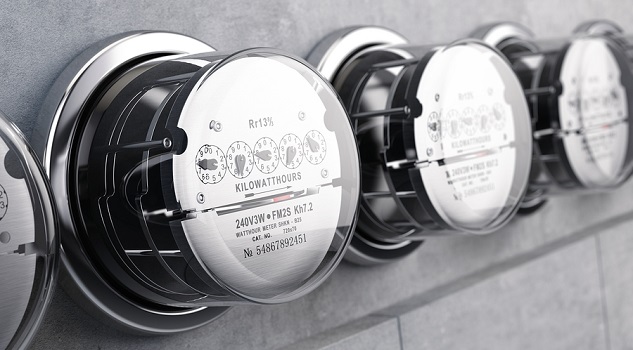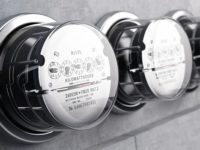New research from OnDeck Australia has revealed that 66 per cent of small businesses throughout Australia are being adversely affected by rising electricity prices, which the Federal Treasury noted as a 30 per cent increase this year.
In fact, 25 per cent of small businesses shared that the increase in their electricity bills have a greater impact on profitability than rising fuel costs and the increased price of trading stock.
Cameron Poolman, CEO of OnDeck Australia, said, “Australia’s small business community is facing rising costs across a number of fronts. But there are steps businesses can take to mitigate the impact of rapidly rising electricity prices – a cost that can be a significant overhead.”
More so, the situation is seen to linger on for a while longer, so small businesses are unlikely to enjoy a reprieve from rising electricity costs any time soon.
OnDeck Australia noted that these increased rates come at an inopportune time when many Australians are about to hit a “mortgage cliff” which is the end of a very low fixed-rate home loan, and the ensuing transition to a far higher revert rate.
The Reserve Bank of Australia (RBA) earlier stated that 880,000 fixed-rate home loans, worth a total of around $350 billion, will reach the end of a super-low fixed rate in 2023. The central bank has observed, “These (fixed rate) borrowers will face very significant increases in loan repayments.”
OnDeck commented that the uptick in mortgage repayments is likely to add to the pressure of higher energy prices facing the small business community.
Poolman said, “Many small-business owners are likely looking down the barrel of higher rates for their own home loans in 2023. But the full impact of Reserve Bank rate hikes may not be felt until fixed rate loans reach their expiry date in 2023, and this has the potential to recalibrate household spending more broadly, which could have a substantial flow on effect to the small business sector.”
Poolman has urged small businesses to act immediately to reduce their exposure to higher power costs and other expenses by applying for quick loans offered by financial institutions.
“This element of speed can allow a small business to act fast, and take up options such as installing a solar system, and/or replace power-guzzling machinery and equipment. This has the potential to improve a business’ bottom line, and acts as a valuable hedge against future electricity price hikes ” concluded Poolman.















